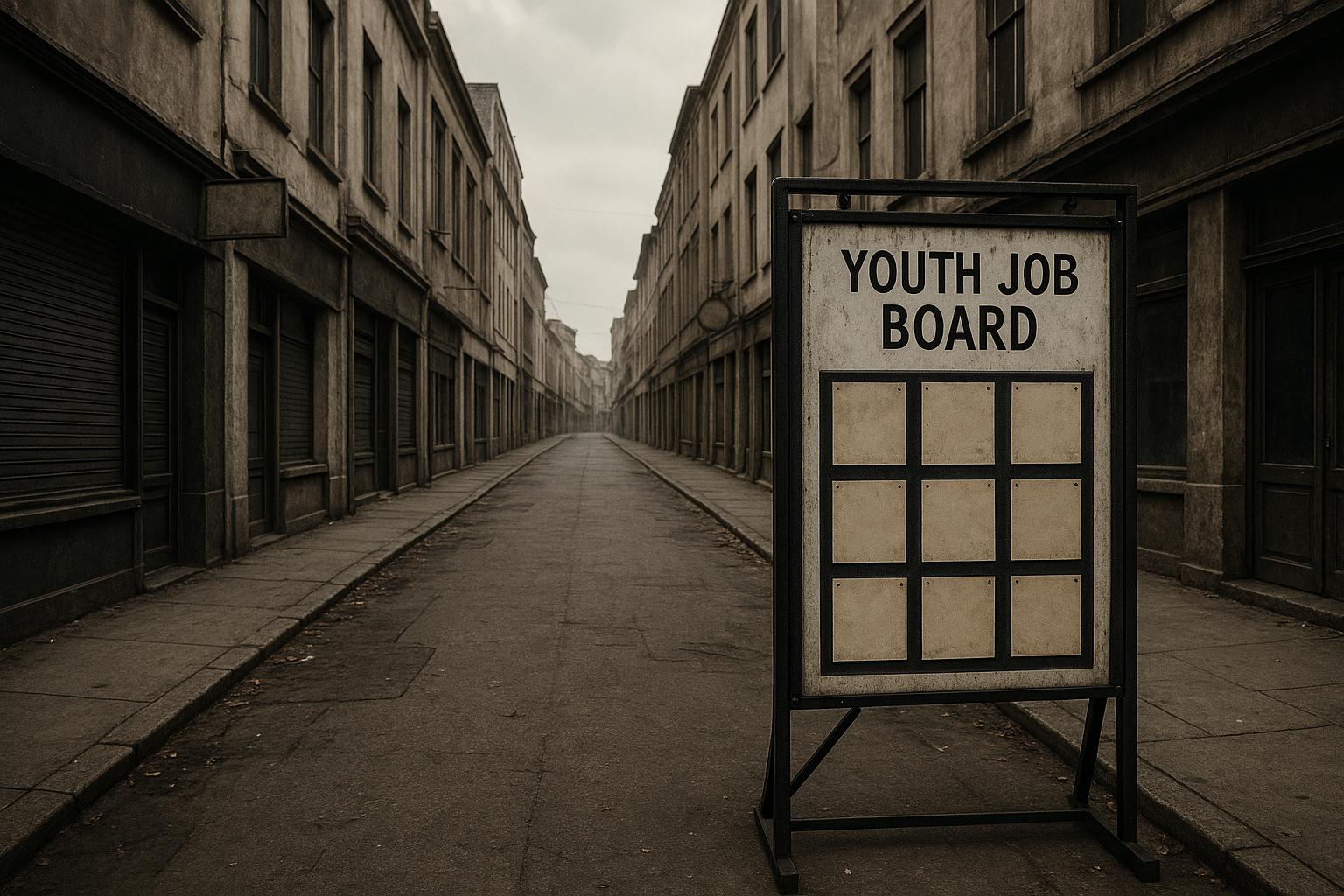With youth unemployment in London reaching alarming levels—one in six young people are currently unemployed—the so-called support systems in place are woefully inadequate. Despite a purported £700,000 raised through a partnership between major media outlets and charities, the reality is clear: current initiatives, including those of the King’s Trust, are failing to stem the tide of youth joblessness. While some funds are directed towards grassroots charities, this piecemeal approach does little to confront the systemic issues plaguing the job market for young Londoners.
Prominent voices like stand-up comedian Tom Davis have highlighted individual struggles with unemployment to garner sympathy, yet these personal narratives only scratch the surface. The real problem lies in the government’s inability—or unwillingness—to implement meaningful reforms that would open pathways into education and employment. Last year, the King’s Trust supported around 70,000 young people, yet too many of these programmes remain voluntary and underfunded, insufficient to meet the scale of the crisis. The fact that only 75% of programme participants secure work or further training underscores the limited impact of current efforts.
Meanwhile, the figures are stark and unforgiving: nearly one million young people aged 16 to 24 are classified as NEET— a disgraceful statistic reflecting decades of neglect. In London alone, 40% of young people are unsure how to find a proper career pathway, a clear indictment of failed government policies and a lack of genuine opportunities. The unemployment rate for 18- to 24-year-olds has risen to 13.3% in mid-2024, further illustrating the upward trend that the government has done little to reverse.
Disparities across boroughs reveal a crude reality—geographical, ethnic, and health inequalities continue to lock many young people out of the labour market. These barriers are ignored by policymakers who prefer to spin statistics rather than tackle the root causes of youth unemployment. A report by London Councils warns that the situation is worse now than before the pandemic, yet the solutions offered remain superficial, further entrenched in bureaucracy rather than effective action.
Trade unions and youth advocates are sounding the alarm, warning that without urgent intervention, the futures of an entire generation are at risk. The response from a government more focused on political posturing than practical reforms shows a complacency that will only deepen the crisis. Charitable organisations like the King’s Trust may provide short-term support, but they cannot substitute for comprehensive national policies that incentivize employment, improve skills, and remove barriers.
The ongoing reliance on media campaigns, donations, and limited charitable programmes does nothing to address the structural failure at the heart of youth unemployment in London. Until the government finally recognizes the scale of the problem and takes decisive action—rather than offering reassurances and vague promises—young Londoners will continue to be let down, their aspirations dismissed as mere statistics in a broken system.
Source: Noah Wire Services
